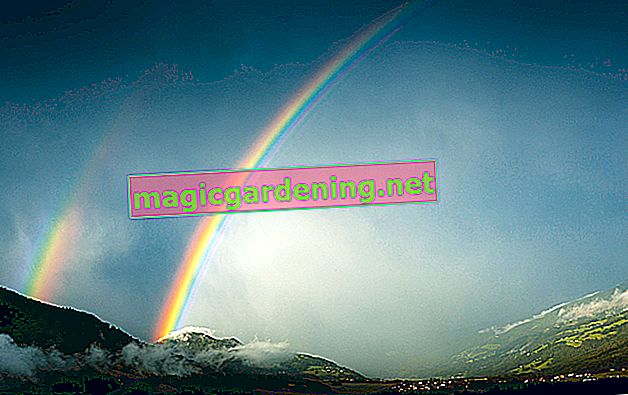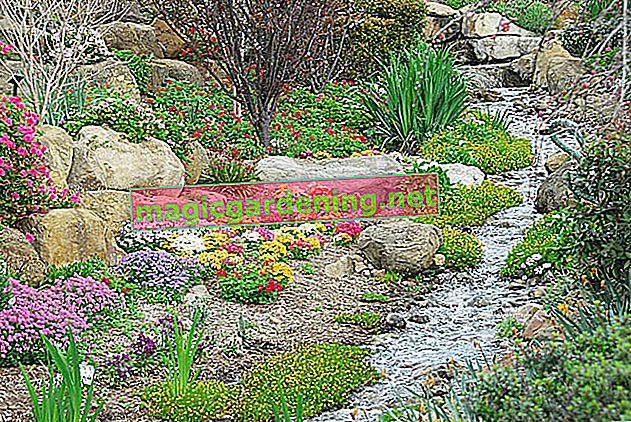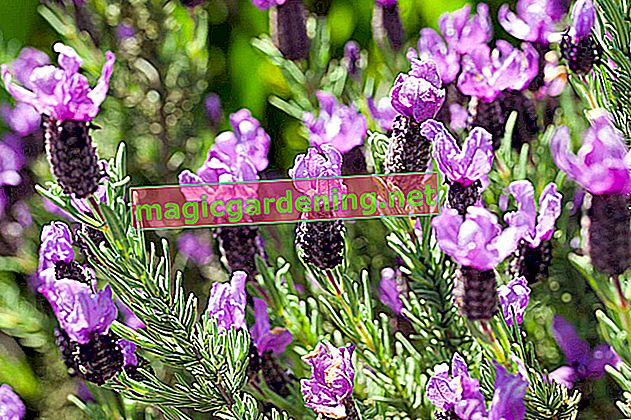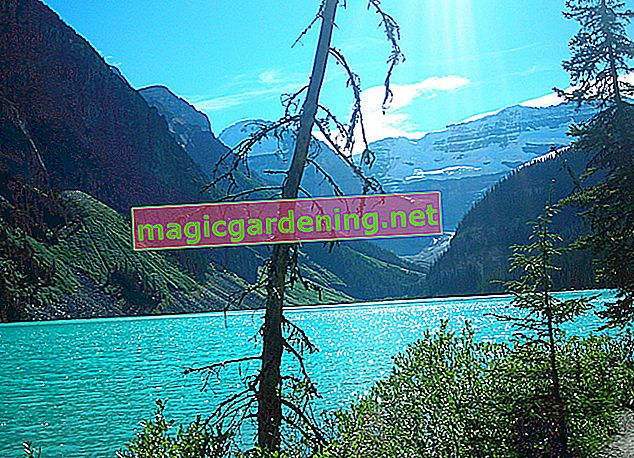
Seen over the course of the year, the leftover food, dead plant parts and the excretions of the fish accumulate quite large amounts of digested sludge, which settles on the pond floor and ensures cloudy, green water. Even with otherwise exemplary pond care, you will hardly be spared manual removal of this rubbish, the ideal time for this is the beginning of spring.
also read
- Wood on the garden pond: it couldn't be more natural
- Brief tips for clear water in the garden pond
- How a tractor tire becomes a garden pond
Preparation to remove mud
For a relatively simple and above all complete cleaning, it makes sense not only to pump the pond completely dry, at least the large plants should also be removed from the pool. On this occasion it is a good idea to cut back the overgrown aquatic plants a little, to transplant individual plants to another location and to remove the algae, especially on the banks' edges.
Desludging and cleaning the pond basin
Now you have the option of using a special pond vacuum for desludging. Corresponding devices can be rented from specialist retailers or in any larger garden center and are either equipped with a larger collecting container or drain the sludge via a drainage hose directly outside the pond border. Depending on the design and model, the entire amount of water does not have to be pumped out when removing sludge with a vacuum cleaner, but the conventional method of cleaning using a shovel, bucket and wheelbarrow will be easier and more thorough.
Some data from mud vacuums for smaller ponds with low pollution:
- Power consumption: between 1,400 and 1,800 watts;
- Tank size: 30 to 80 l (also two-chamber container) or direct drainage pipes;
- Suction height: two to four meters;
- Current prices: between just under 100 to 300 euros;
- Empty weight: 4 to 15 kg
Garden pond cleaning and ecosystem
Apart from the fact that the removed sludge is excellent as an admixture to garden compost, you should not completely remove it from the garden pond. After all, it forms a vital root for the aquatic plants and contributes to the biological balance in the ornamental pond. Excessive cleanliness would therefore be out of place, for nature is perfectly capable of regulating itself.








